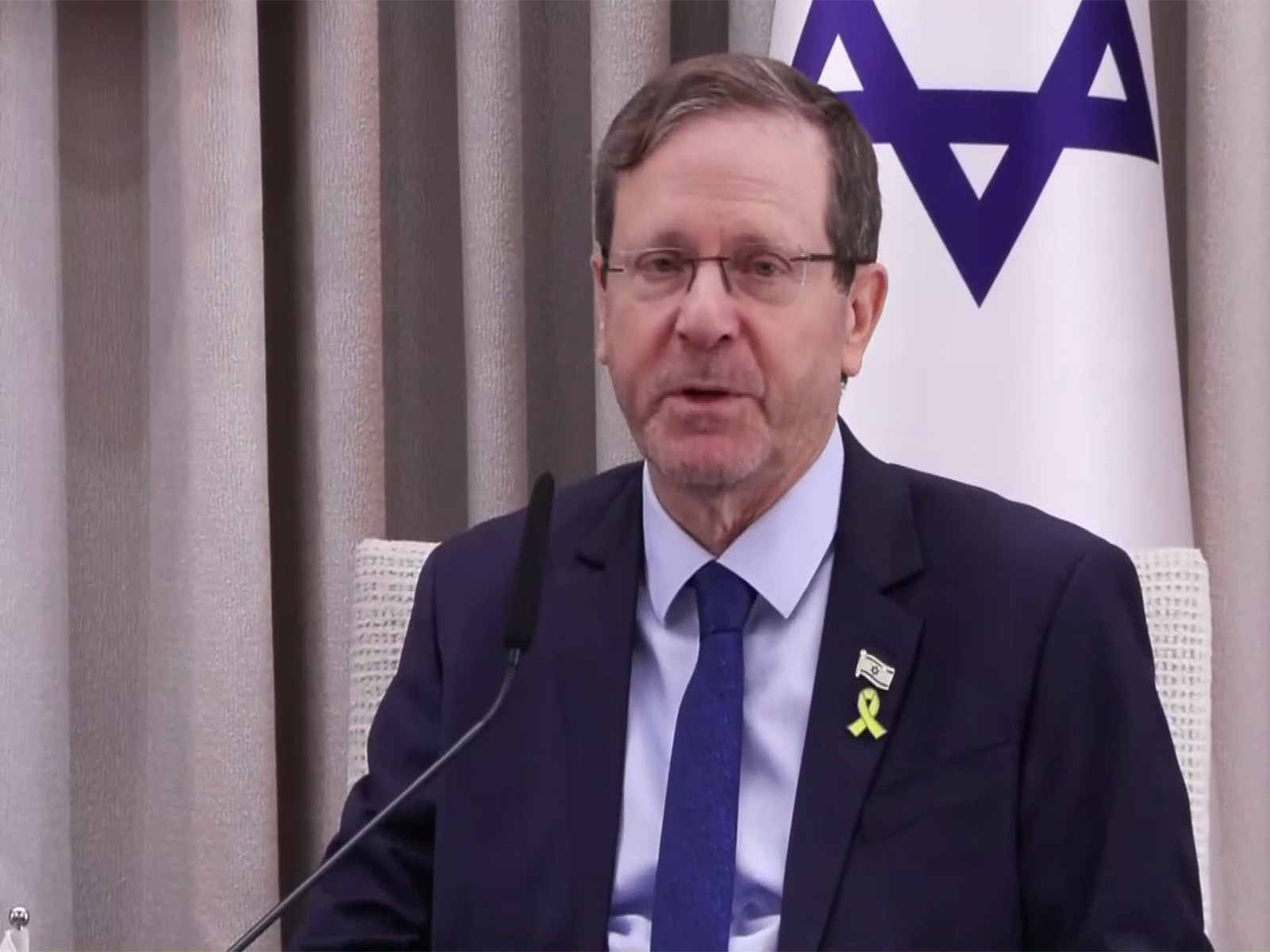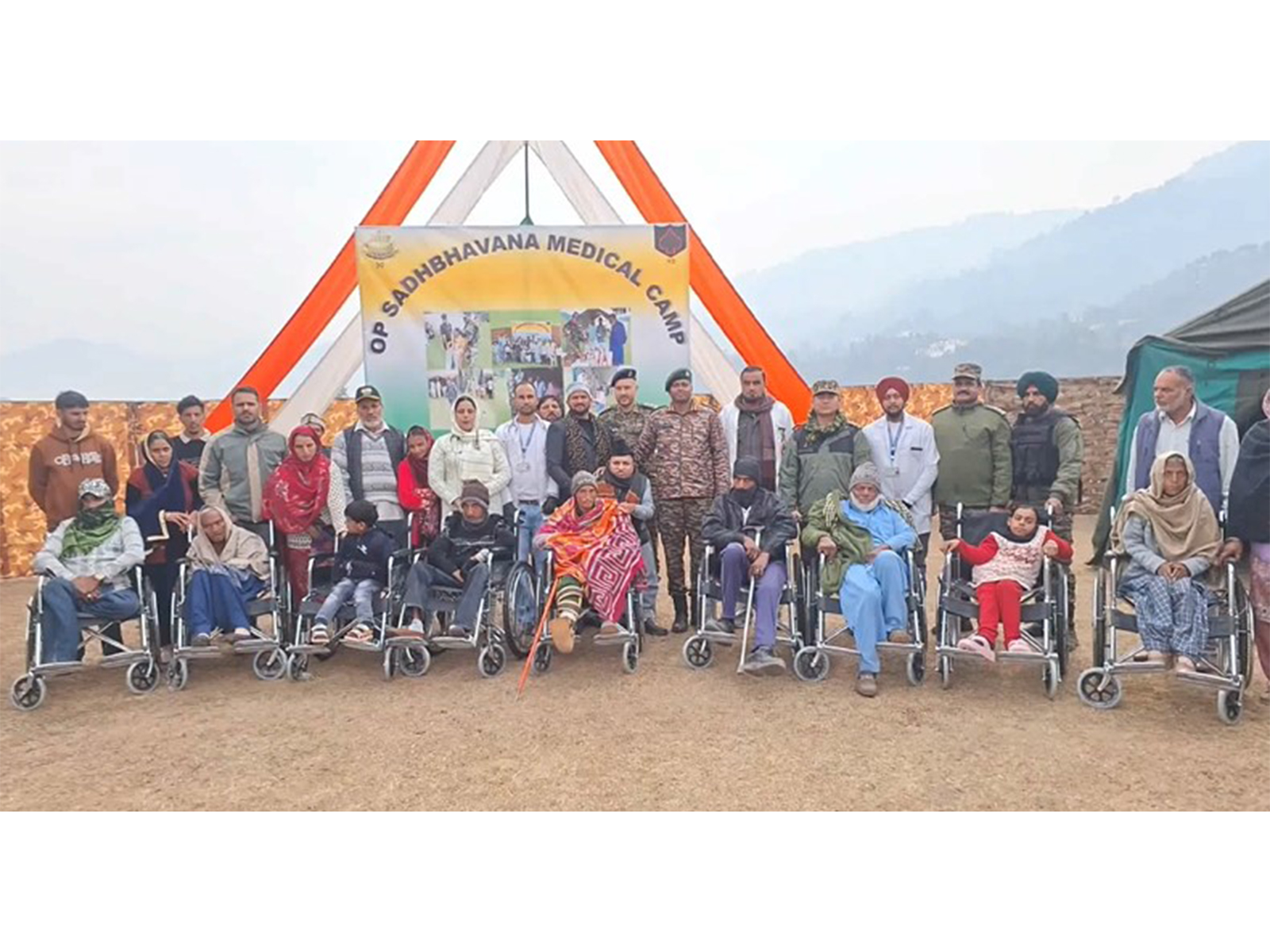J&K witnesses revival of dying water bodies after abrogation of Article 370
Aug 02, 2022

New Delhi [India], August 2 : As Jammu and Kashmir celebrates the third anniversary of the abrogation of Article 370 on August 5, the Central government has achieved phenomenal success in its mission to turn the entire Himalayan region green and revive the dying water bodies.
Soon after the scrapping of the contentious Article in August 2019, the government shifted its focus to preserving the natural resources and beauty of the Himalayan region.
To begin with, the Jammu and Kashmir administration approached the Centre to seek amendments to the Indian Forest Act, 1927 to include the provision of booking forest smugglers under the stringent Public Safety Act (PSA).
The PSA had been scrapped after the J&K Reorganization Act came into force in October 2019. The Centre gave its nod to the proposal moved by the J&K administration to book the accused under PSA.
A massive crackdown was launched against forest smugglers. Habitual offenders were booked under the PSA for causing enormous damage to the forests in north, south and central Kashmir.
The Union Territory administration has fixed a target of planting 1.5 crore saplings by the year end to carry forward the 'Green Revolution' that J&K has been witnessing after the revocation of Article 370. Village Panchayat Plantation Committees have been assigned a frontal role to make the initiative a success.
People of the Valley are being made aware of their role as a community to maintain sustainable ecological balance.
J&K's 54 per cent area is under the green cover and a large population of the Himalayan region is dependent on forests for their livelihood.
The government has set the target to bring two-thirds of Jammu and Kashmir's area under forest and tree cover and make the protection of natural resources an integral part of the UT's development model.
J&K Social Forestry Plantation Rules have been implemented and 4290 Village Panchayat Plantation Committees have been empowered under these rules to carry out plantation drives and to take up afforestation works.
After J&K's transition into a Union Territory, the Forest Department along with the other stakeholders have planted about 2 crores 38 lakh new saplings.
The officials are putting in relentless efforts to revive the natural water bodies in J&K. At least 511 water bodies have been revived in the Jammu region - Kathua, Doda, Samba Doda and Ramban districts - during the past year and these are providing drinking water to the people.
Anantnag in south Kashmir had almost lost all its springs after 1990 but in the past one year, 12 freshwater springs have been revived.
In north Kashmir's Bandipora district 12 Panchayats have formed committees to revive the dying water springs. Pakistan-sponsored terrorism that broke out in the Valley in the 1990s and led to forests and water bodies getting neglected leading to their degradation.
After 1990, forests suffered huge damage as timber smugglers looted the green gold under the direct patronage of terrorists and and some politicians.
The effects of degradation of forests were clearly visible in the drying up of perennial water sources at many places, accelerated soil erosion, flash floods, silting up of reservoirs, loss of biodiversity and reduced forest productivity.

















